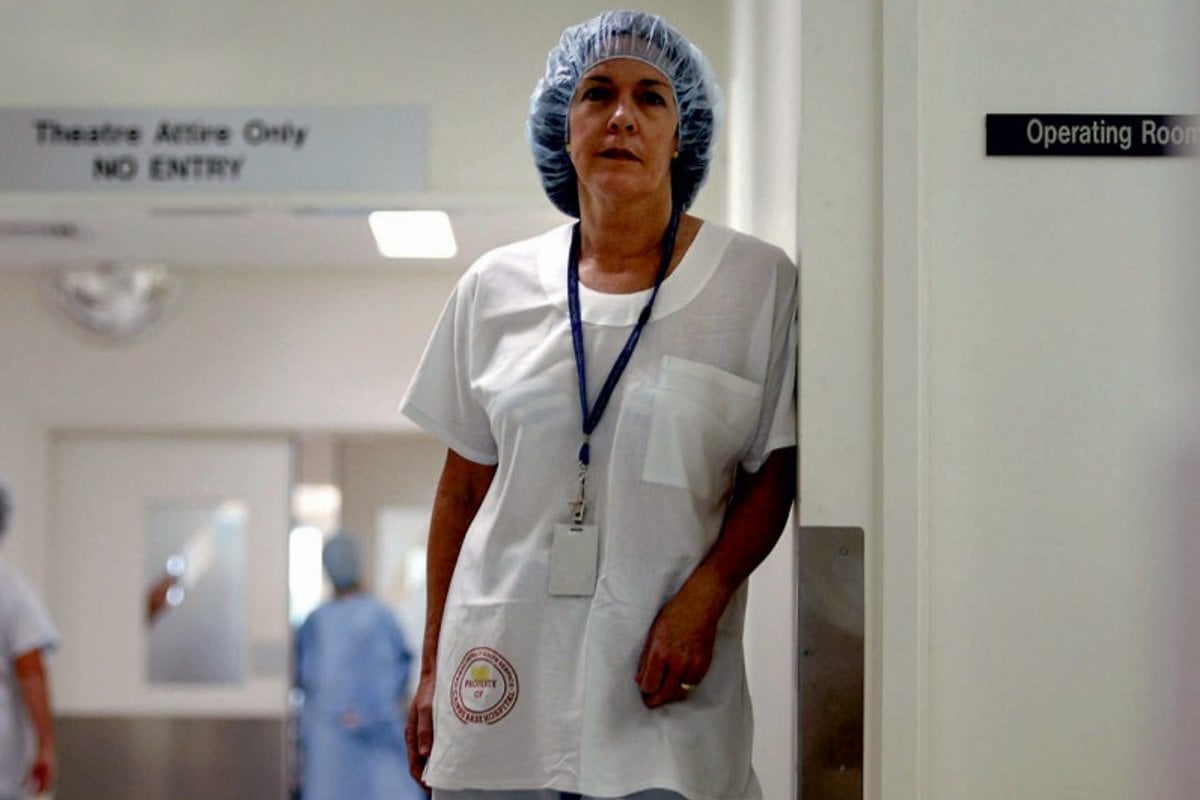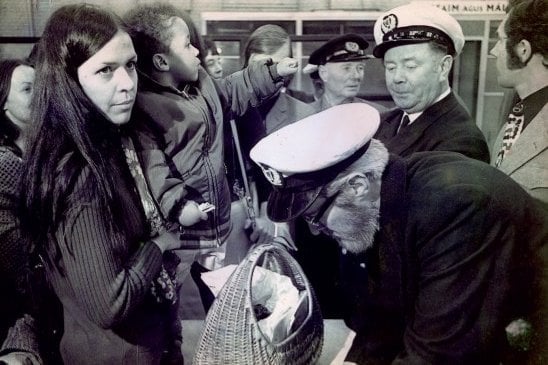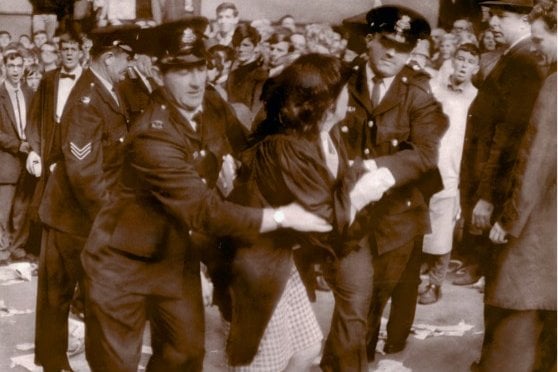
When renowned obstetrics professor Caroline de Costa first began studying medicine, the Australian Royal College of Obstetricians and Gynaecologists didn’t accept women into its program.
The year was 1964, and then 16-year-old Caroline was unsure whether she even wanted to be a doctor. She deferred her study at the University of Sydney and embarked on a trip to Europe. She eventually settled in Dublin and in 1967, she recommenced her undergraduate medical degree at Ireland’s Royal College of Surgeons.
The late 1960s was a period of huge social change around the world but as Caroline studied, she learnt that there were still a lot of improvements needed in women’s health.
Watch: Questions about childbirth, answered by Mamamia mums. Post continues below.
"I was very sure that [obstetrics] was what I wanted to do, to practice, but also to be active in improving women's reproductive health, because there were a lot of things wrong," Caroline told host Mia Freedman on this week’s episode of No Filter.
"The law for a start, and the availability of contraceptive services, and it was illegal to have an abortion at that time. There were lots of problems with choice in childbirth."





Top Comments